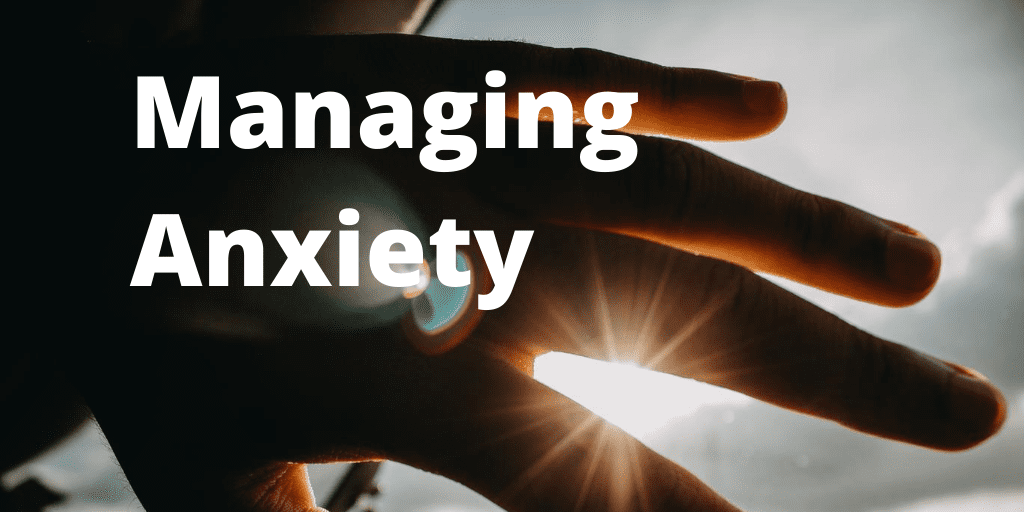In this guest blog, BAPAM counsellor and therapist, Fiona Macbeth, offers practical advice for arts workers experiencing anxiety about work during the Covid 19 pandemic.
There’s a lot that people who work and create in the performing arts could be doing, and should be doing, right now to help themselves cope mentally with the current extremely challenging situation. But let’s get one thing straight. Switching off anxiety, low mood or some level of threat system response entirely is unlikely to happen in the middle of a pandemic. It’s actually a healthy response to events. We just don’t want it getting to overwhelming levels stopping us functioning and causing unnecessary pain and distress. So our aim is to make it manageable and less disruptive, not eradicate it.
We can start by acknowledging and challenging some common characteristics amongst creative professionals that aren’t entirely helpful in the current climate.
Be on the look-out for:
- Unhealthy perfectionism and constantly beating yourself up to do better
- Feeling you must get back in complete control of your life, plans and career
- Feeding low self-esteem by constantly worrying that you are not good enough
You can challenge all these behaviours when you find yourself doing them. You stop yourself doing other things that are unhealthy, like having that cream cake or that extra glass of wine, so don’t indulge in behaviours that are unhealthy.
It might be helpful to talk a bit more about anxiety. As we have said this is the fight, flight or freeze response, which is more or less automatic, when a part of the brain is fed information of a significant threat.
So first question is:
- How significant or real is the threat?
- Does it require a response/action?
- If so plan a response and activate it
- And most important – Now move on and let it go!
If we apply this to anxiety about the current state of the performance industry:
- Have you assessed the threat?
- Does it require a response e.g. new website, contacting more people, networking, diversifying?
- If so, action this response?
- Now move on!
Have you noticed how much more anxious you feel when you have been worrying or overthinking a situation intensely? That is how it works, the more scary thoughts the more anxiety. So change the narrative and try to focus on more positive, calming thoughts. Hobbies are great for this as they distract the mind from overthinking. Beyond that there are three proven techniques that are known to interrupt or reduce anxiety:
- Aerobic exercise
- Deep uninterrupted sleep
- Calming breathing exercises (in for 5 secs, out for 5 secs and just concentrate on the breath)
Other things to consider currently to help your mental health be as robust and resilient as possible.
A structured day helps a lot of performers with low mood, so plan your day, use a white board, lists – whatever works for you – and devise building blocks of work, exercise, research, social engagement and relaxation.
Use calming exercises regularly, like the structured breathing, meditation, yoga, and mindfulness apps that you can download for free on your smart phone.
Manage alcohol, drugs or smoking intake closely, these can induce anxiety and paranoia, rather than soothe.
Engage with people regularly, whether that is online, or in the park face to face with appropriate distancing. Total social isolation has a negative effect for most people.
And finally if this is not enough and you still feel overwhelmed seek help. BAPAM clinics are open and we can support you with a free online or telephone consultation with a doctor or psychologist who understands the pressures faced by arts professionals. Many therapists specialise in working with performing arts clients and you can search the BAPAM Directory to find someone suitable. BAPAM Factsheets include guidance on financial and practical support that may be available, as well as further resources to help you keep mentally well. You can also check out BAPAM events, healthy practice training sessions and online community drop-ins. The Samaritans do good work listening in a crisis, GP’s are still available even if it is a telephone appointment, and you can always get emergency help at a hospital A&E department. Don’t struggle alone and worry about burdening people, these problems affect everyone.
Fiona Macbeth MSc MBACP (Accred)

